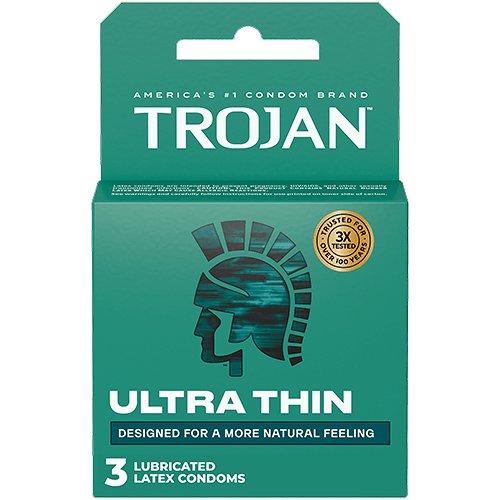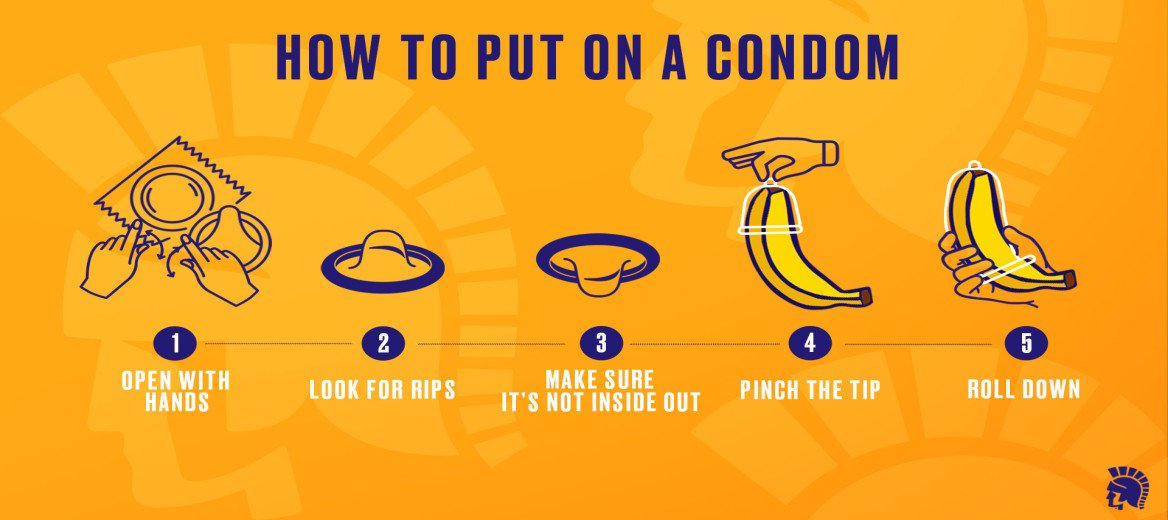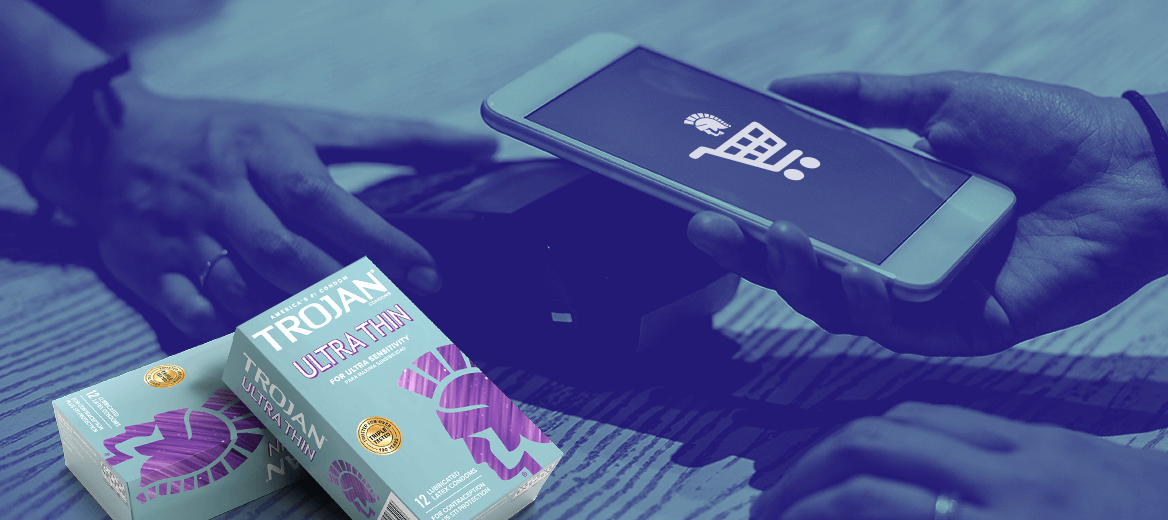SEX TIPS
Tips for Having Great Sex for the First Time and Losing Your Virginity

In the movies, the first time you have sex one of two things happen-it's a perfect, romantic moment filled with flickering candles, soft music, and rose petals or it's a comic disaster with farts and prat falls. The truth is that for most people it's somewhere in between. It is neither their best sex nor a terrible experience.
Yes, many of us will remember our first time but if we build it up in our minds as the most important moment of our sex lives, the pressure may get to be too much, and pressure is the enemy of good sex.
From deciding to have sex to talking to your partner to choosing a position, here are some tips to take the mystery out of-and hopefully some of the pressure off of-your first time.
What Does Losing Your Virginity Mean?
Most people use the phrase to mean the first time you have penetrative sex. To be more specific, it's often thought of as the first time you have penis-in-vagina sex. But not every couple has a penis and vagina and not everyone will ever have this kind of sex. It's time for a new definition.
And you get to make it.
Sex is often a progression of behaviors-from kissing to touching to licking to penetration with a finger, penis, or sex toy. They may go in that order (remember the bases) or not. You get to decide which of these things you do with any partner (as long as they consent), you get to decide when to do them, and you get to decide whether you consider it "losing your virginity."
When Should You Have Sex for the First Time?
There are is no magic age or stage of a relationship when it is time to have sex. This is a personal decision that should reflect your values and your relationship. Only you (and your partner) can decide if you are ready.
Here are some things to think about as you make the decision to have sex:
Your partner. Sharing your body with another person can make you feel vulnerable. Being comfortable with your partner is important. Is this someone you feel safe with?
Your relationship. Hook up culture gets a lot of attention, but most people actually have sex for the first time with a long-term partner. Are you in the kind of relationship you want to associate with your first time?
Your motivations. There are lots of great reasons to have sex (it feels good, it expresses love and affection, it feels good..) and some not-so-great reasons (to keep a partner interested, to get it over with, to brag about it later...). Are you being honest about your motives?
Your location. This may sound silly, but it's important that you and your partner have a place that is safe and comfortable and private. For some people this may be easy to find but others may need to make a location plan. Do you have a safe, comfortable place?
Your safety (and your partner's). Sex comes with some risks like STIs and unintended pregnancy. Have you made a plan to protect yourself and your partner? Do you have condoms readily available?
Your consent (and your partner's). Consent is vital in all sexual behavior-whether it's your first time or 101st. Have you talked to your partner about what you are going to do? Have you both agreed?
Talking to Your Partner About the First Time
Even talking about sex can make us feel vulnerable but communication is important. Ask your partner what they want to do sexually and if they think you're ready to take the next step together, whatever that might be. Let them know what you are and are not comfortable with and what you might want to do sometime in the future. Be honest about your sexual history and don't worry if your partner has more experience-this is still going to be their first time with you.
Have a Plan Before You Have Sex for the First Time to Prevent STIs and Unintended Pregnancy
There is always a risk of STIs during sex and couples who have penis-in-vagina sex also have a risk of unintended pregnancy. Before you have sex for the first time, you should have a safer sex plan to make sure you and your partner are protected.
Condoms are an important part of safer sex plans because they are highly effective at preventing pregnancy(98% if used consistently and correctly) and are the only method of contraception that also reduces the risk of STIs.
Here are some good condom use-tips to keep in mind:
Stock up: Condoms are inexpensive and easy to buy online or in a store. Buy some in advance so you have what you need.
Practice: Condoms are very easy to put on, but it can't hurt to practice ahead of time when the stakes are lower. Use your fingers, a banana, a cucumber, or a sex toy as a stand in for a penis and practice taking the condom out of the wrapper and rolling it down. (If you have a penis, you can, of course, practice on that.) Knowing how to put on a condom is key to having safer, more relaxed sex.
Have it with you. A condom can't protect you or your partner if you leave it at home. That’s why it’s a good idea to have some on hand wherever you go. Consider buying our Ultra-Thin condoms in bulk, so you can pack one in your purse or backpack whenever you might need it.
Couples who are at risk of an unintended pregnancy may want to use another method of contraception-like an IUD or the pill-for added protection. Talk to your health care provider about the best method(s) for you and your partner.
Does Having Sex for the First Time Hurt?
It might. For people with vulvas/vaginas penetrative sex may hurt the first few times. Vaginas are meant to stretch but they can be tight especially if nothing has gone into them before. The feeling of stretching can be uncomfortable or even hurt. This can be true for anal sex as well.
Most people describe the first time they have sex as uncomfortable but not downright painful. If you're feeling cramping or another type of intense pain stop and try again later. (See our tips for the first time below, these can help if you're worried about pain). Remember that for the most part sex is not supposed to hurt. If pain on penetration continues after the first few times you try it, talk to your doctor to see if something else is going on.
Will I bleed after having sex for the first time?
Maybe. Some people who have vaginas bleed the first time they have penetrative sex because their hymen (a small piece of tissue at the opening of the vagina) is stretched or torn. Others don't bleed likely because their hymen already tore during other activities (like riding a bike). Bleeding the first few times you have vaginal sex is normal, but if it keeps happening, it's worth checking in with your doctor to make sure nothing else is going on.
A small amount of bleeding or spotting is also common with anal sex but if you experience heavier bleeding, you should ask your health care provider about it.
How to Have Sex for the First Time
Every time you have sex is different-that's what makes it so exciting. There's no one way to have first time sex but there are some things you can do to make it less stressful and more pleasurable.
Set realistic expectations. Let go of Hollywood's ideas of what makes a perfect first time and know that everything might not go as planned. It's okay. Your first time is your first time. It's supposed to be unique.
Talk. Speaking of Hollywood, sex scenes often make it seem like sex is a silent and serious event. It can be, but it can also be a time to chat with your partner, tell them what you're thinking, or make each other laugh. If you're nervous-tell your partner. Talking can help you relax.
Get really turned on. Foreplay isn't just a nice thing to do for your partner, it's a signal to our bodies to get ready for sex. Our hearts start beating faster, blood flows down, penises get hard, vaginas get wet, and everyone gets a little more ready. Being really ready can help sex feel better.
Relax. We often involuntarily tense up our muscles when we're nervous or think something is going to hurt. With sex, this will only make it hurt more. Pay attention to your body and try to relax your muscles.
Use lots of lube. Sometimes pain or discomfort is caused by the friction of skin rubbing on skin. Vaginas produce some lubrication naturally to help with friction, but many people benefit from adding lube to help things glide smoothly. This is even more true in anal sex since the anus is not self-lubricating. Try a silky-smooth feel lube like Trojan™ Infinite Glide, which is unscented, mess-free, and can help elicit the kind of pleasure that will make your first experience all the more memorable.
Pick a position. There is no right position for the first time. Missionary position may seem like the simplest for penis-in-vagina sex and it does let you look into each other's eyes, but lots of people prefer to start with the woman on top, doggie style, or side-by-side. You can also always change positions in the middle if anyone's uncomfortable or you just want to try something different.
Will I have an orgasm?
Maybe. Some people orgasm during intercourse (first time or otherwise) and some people don't. In general, people with penises have an easier and faster time getting to orgasm than people with vulvas/vaginas but not always. Don't be too goal-oriented, it's okay if you don't orgasm this time.
There are some things you can do to increase the chances of orgasming the first time you have sex (and all the times after that).
Practice, practice, practice. The only way to know what will bring you to the brink is to try and try again. Masturbation is a great way to learn what you like so that you can let your partner know.
Don't rely on penetration alone. Your first time might not involve any penetration (remember you get to define it) but if you are having vaginal or anal sex you should know that some people need more than penetration to orgasm. You may want to stroke your partner's genitals (or your own) for added stimulation. For people with vulvas, it can be particularly important to add some kind of clitoral contact - choose a position (like doggie style or spooning) that offers access to this sensitive spot.
Don't force it or fake it. Sex can feel really good, even if one or both partners don't have an orgasm. Focusing too much on the coming climax can make you or your partner self-conscious and anxious which can, in turn, make orgasm less likely. But faking it is not the answer either. Maybe take a break and try again later (after all, trying is lots of fun).
Add some buzz. Use sex toys as part of foreplay to help get you both even more turned on or try a vibrating ring during penetrative sex. Sex toys can add to the sensation and may make orgasms more likely.
When Can I Have Sex Again?
Any time you want. Technically, your body has a refractory period after sex when you might not want another go (or might not be able to get it up if you have a penis) but this can be as short as a few minutes depending on age, sex, and overall health.
You get to decide when you want to have sex next and how often you want to have it after that. Just remember that consent for one sex act does not equal consent for all (or any) future sex acts so keep asking your partner what they want to do.
As you grow in your sexual life, Trojan Brand is here to grow with you. Whether you are looking for a trusted condom for the first time, want to try a new product, need to find your condom size or condom shape, or just have a question, we'll be here every step of the way!





